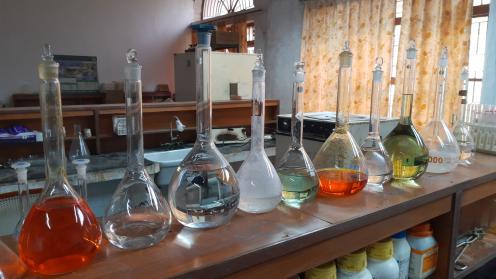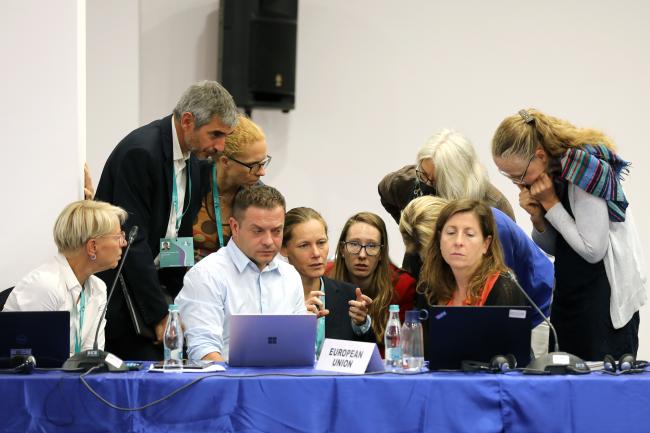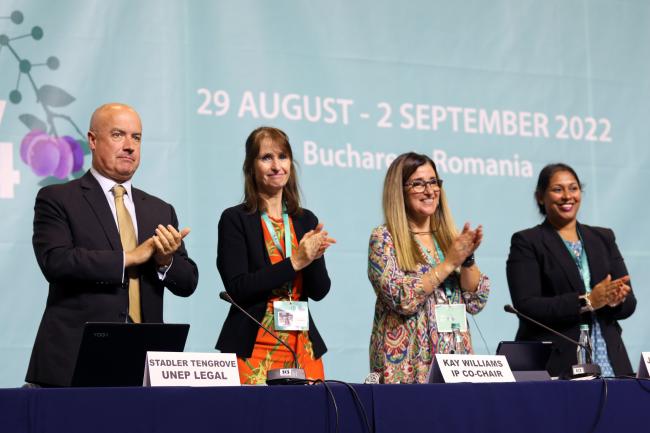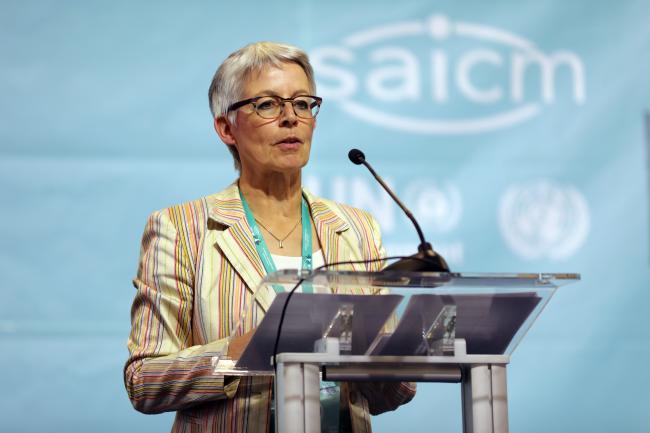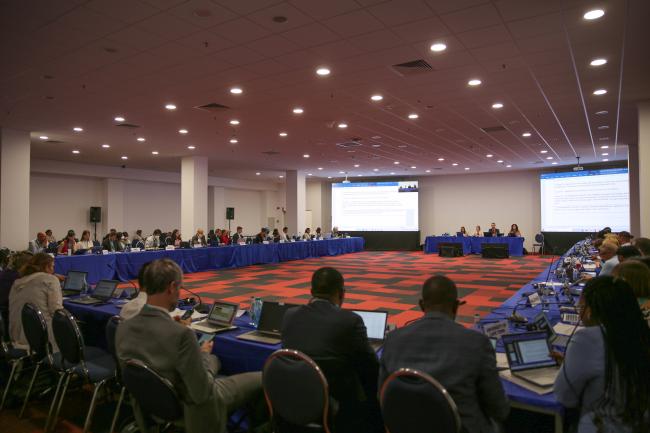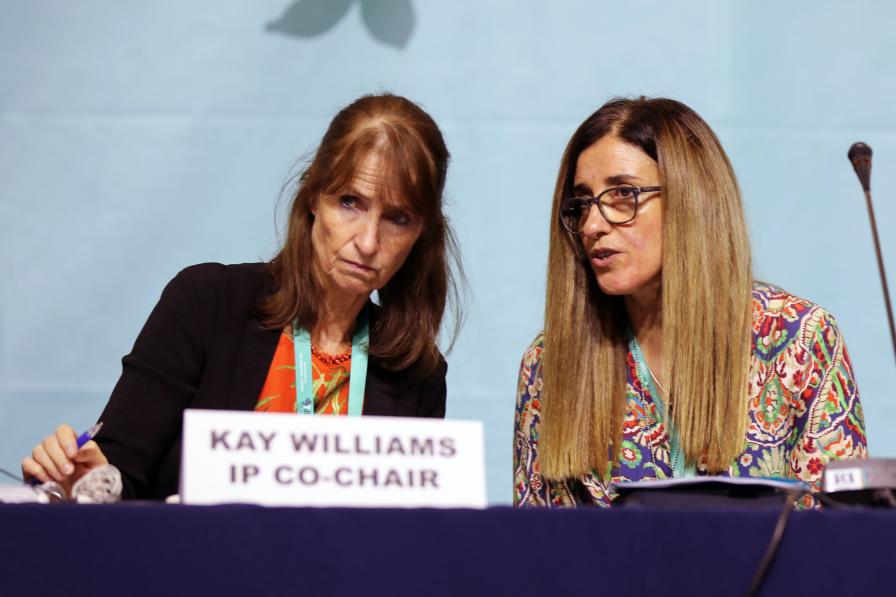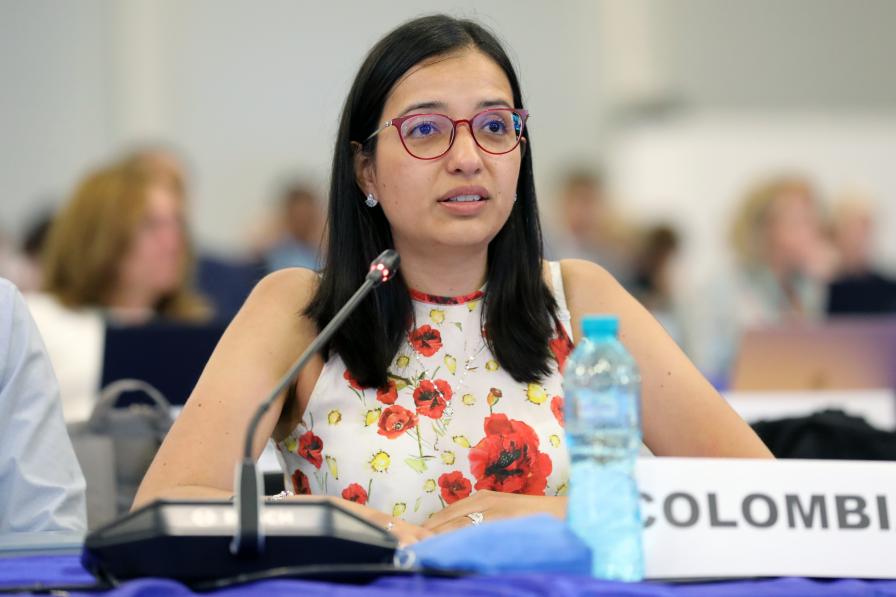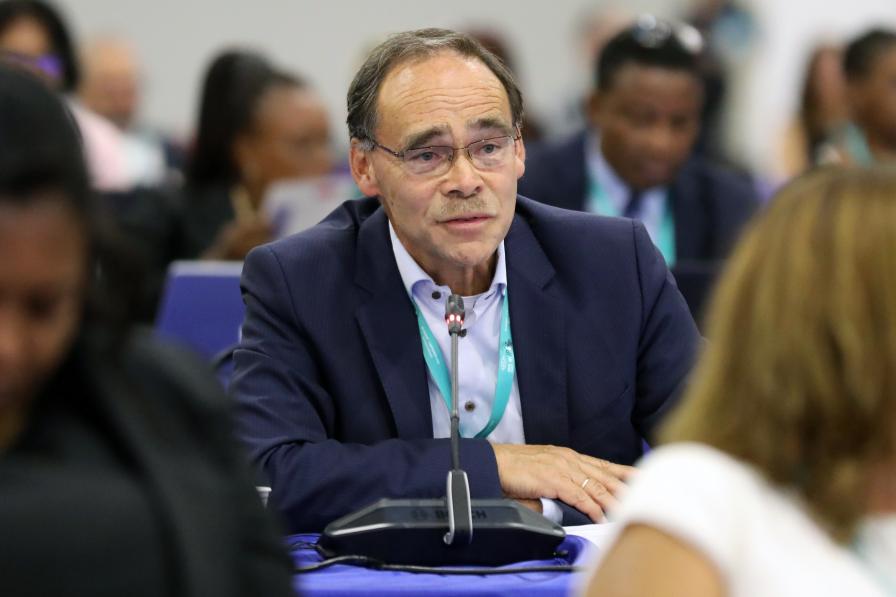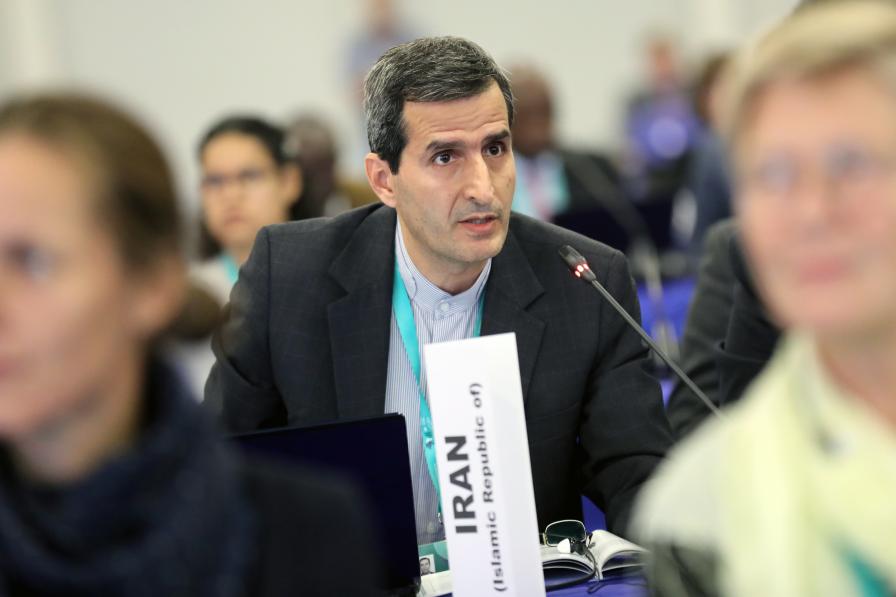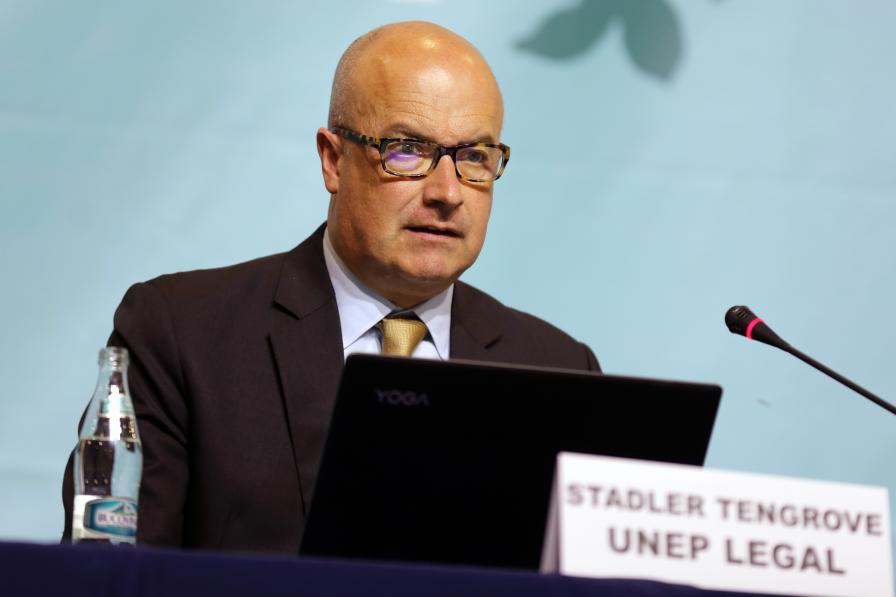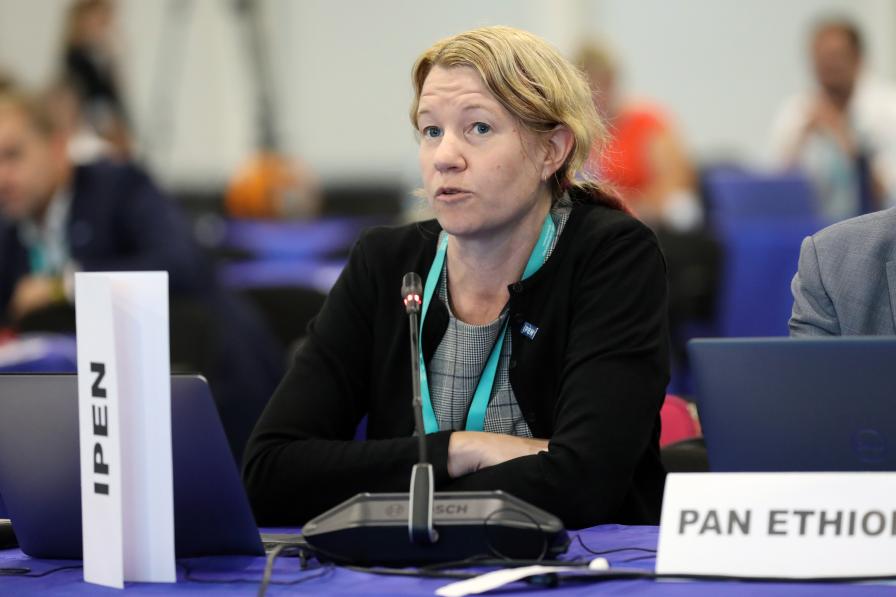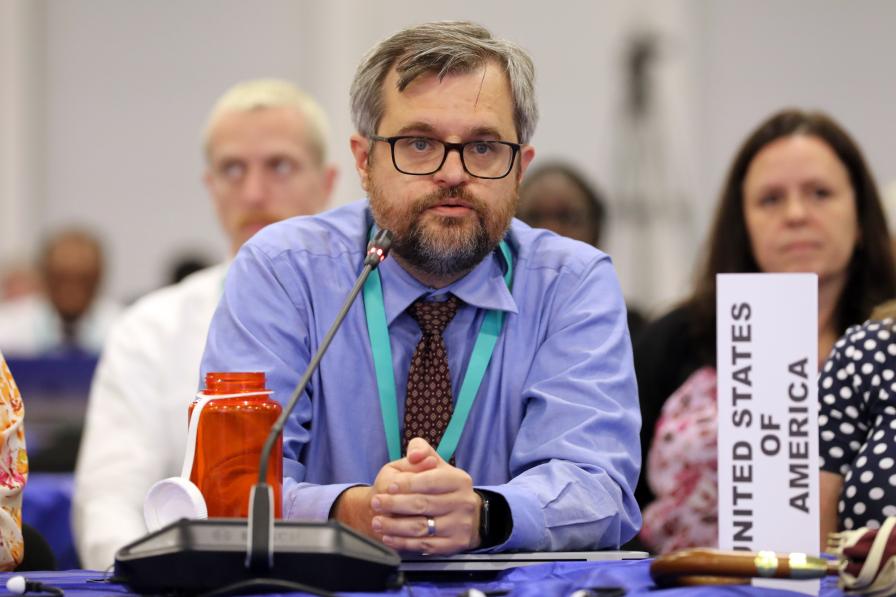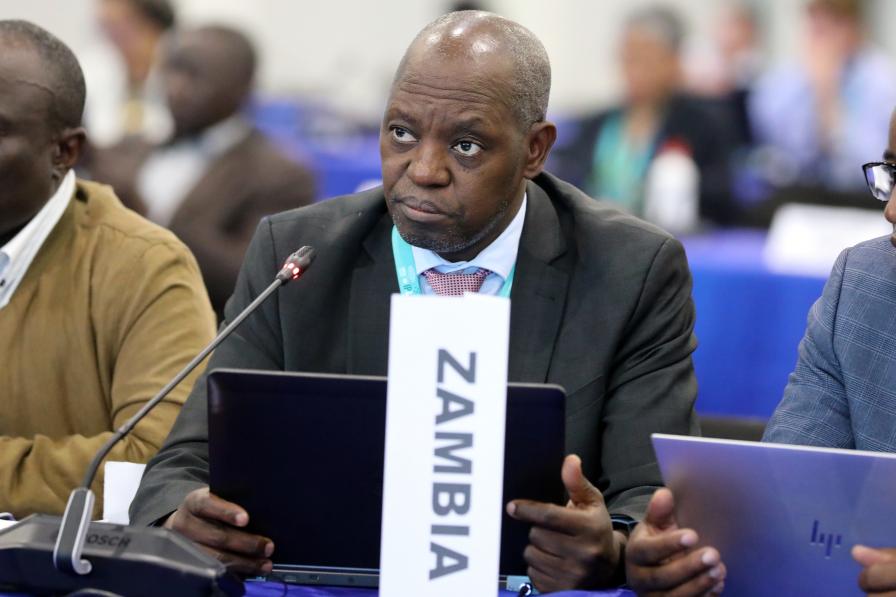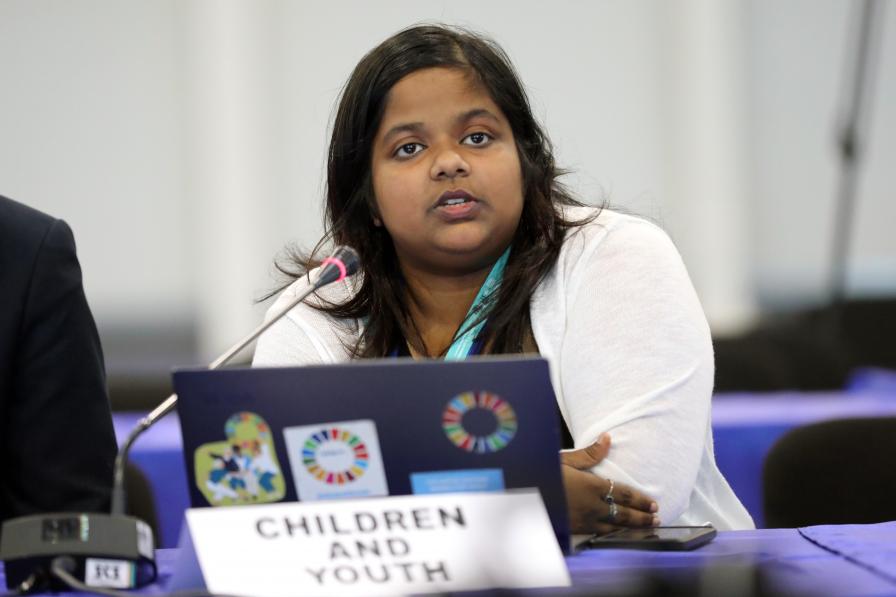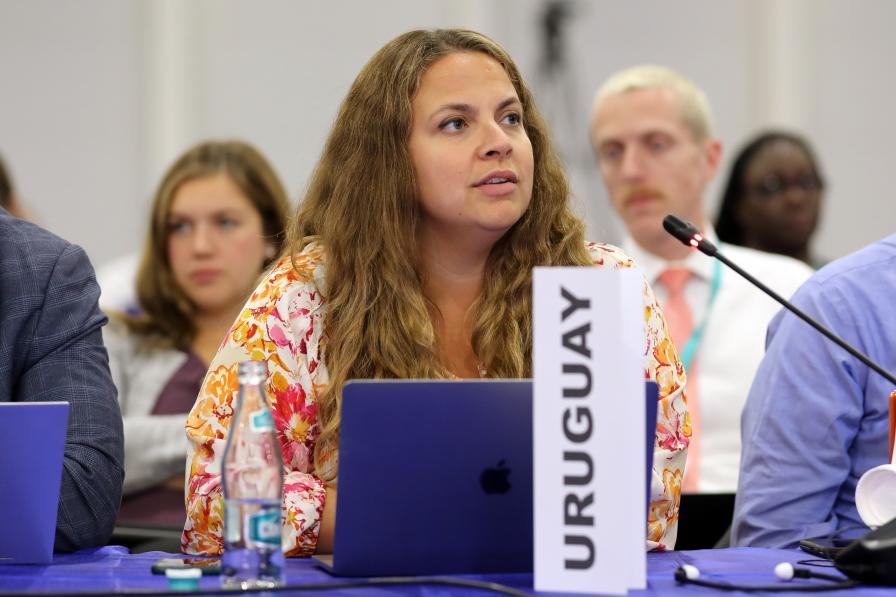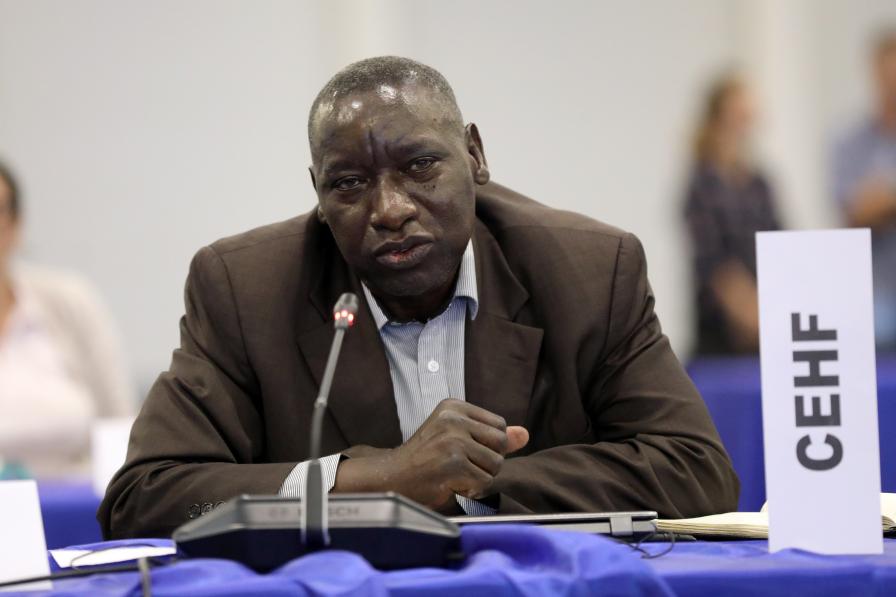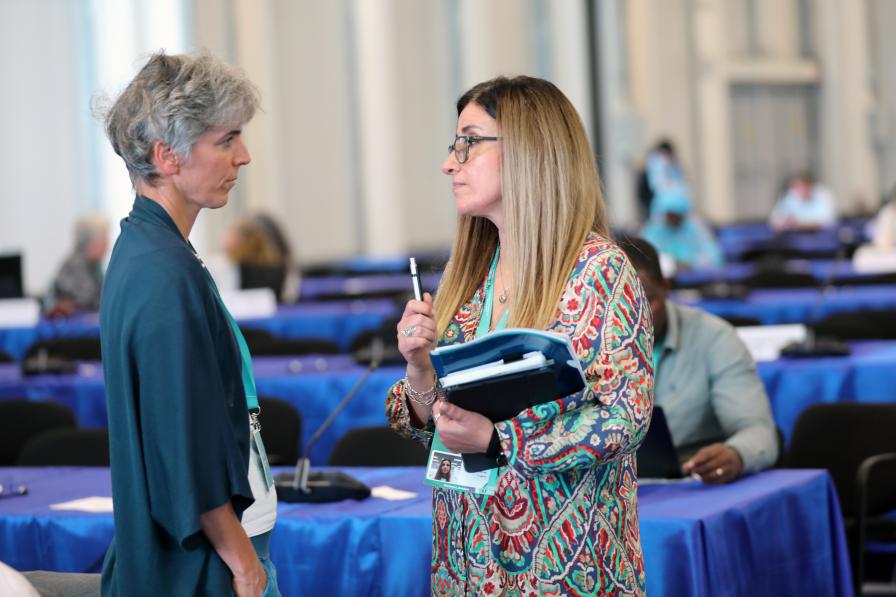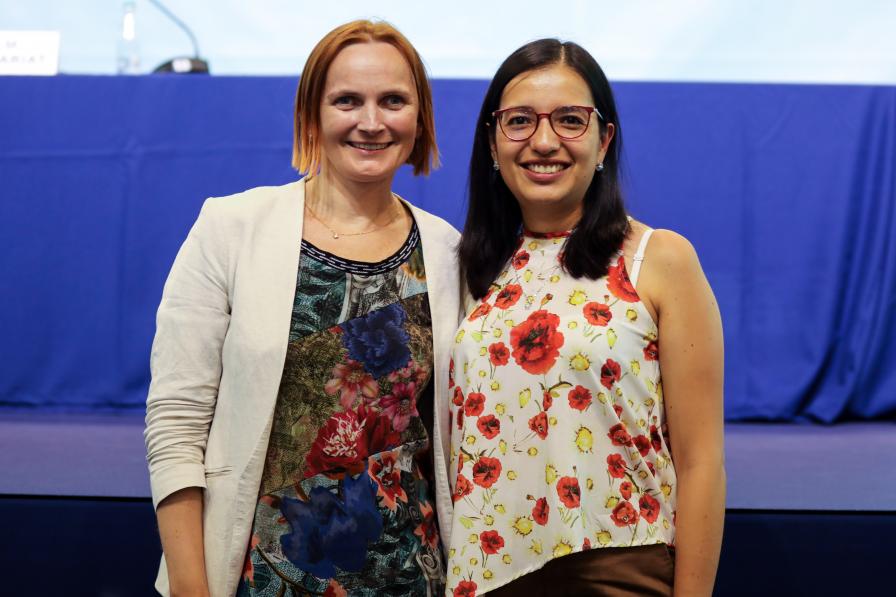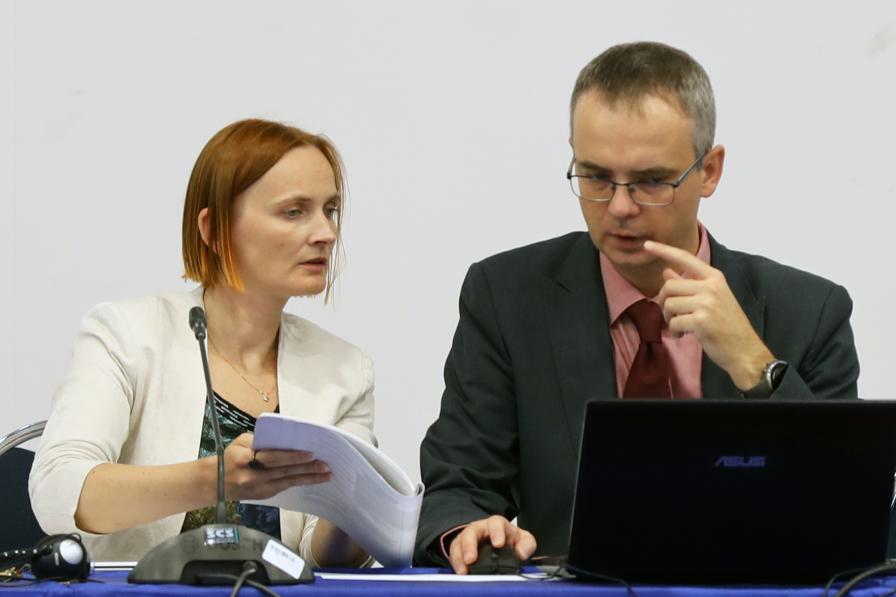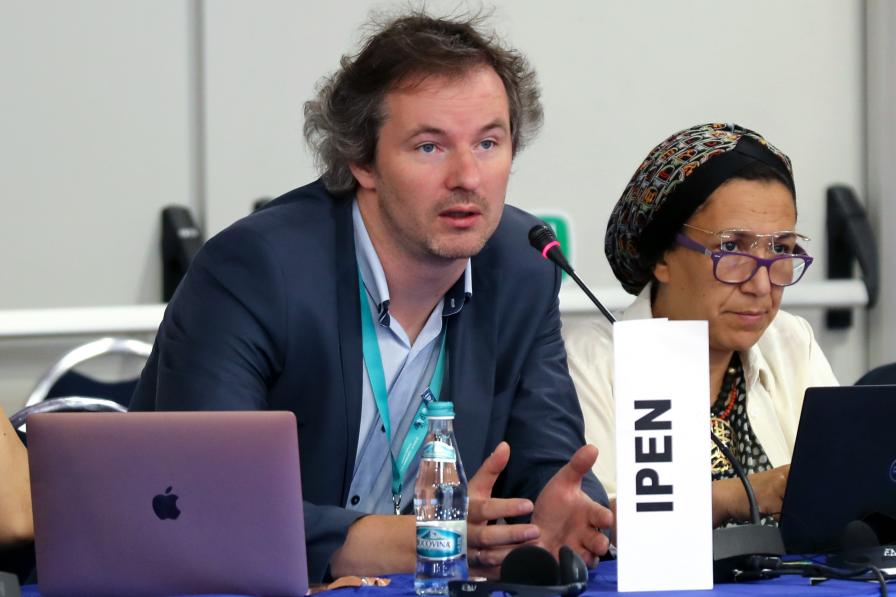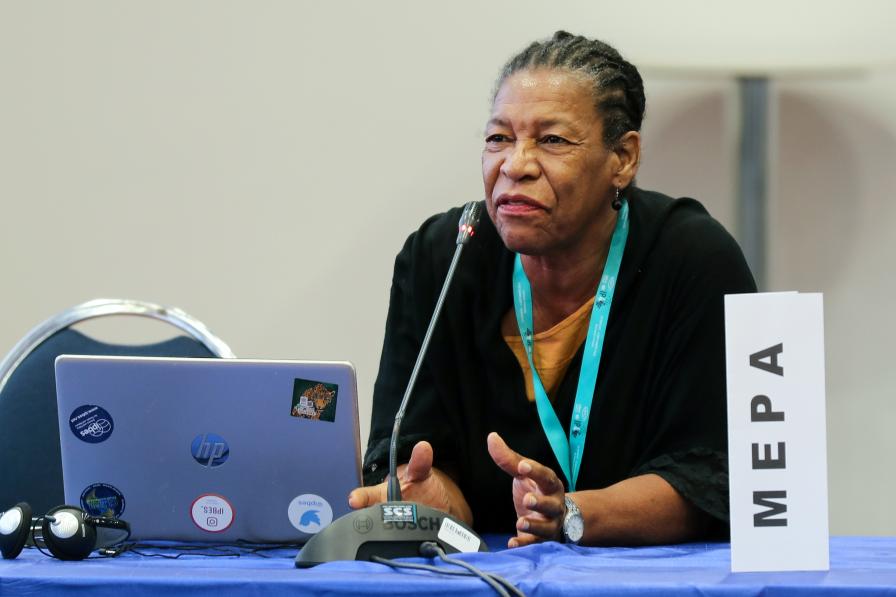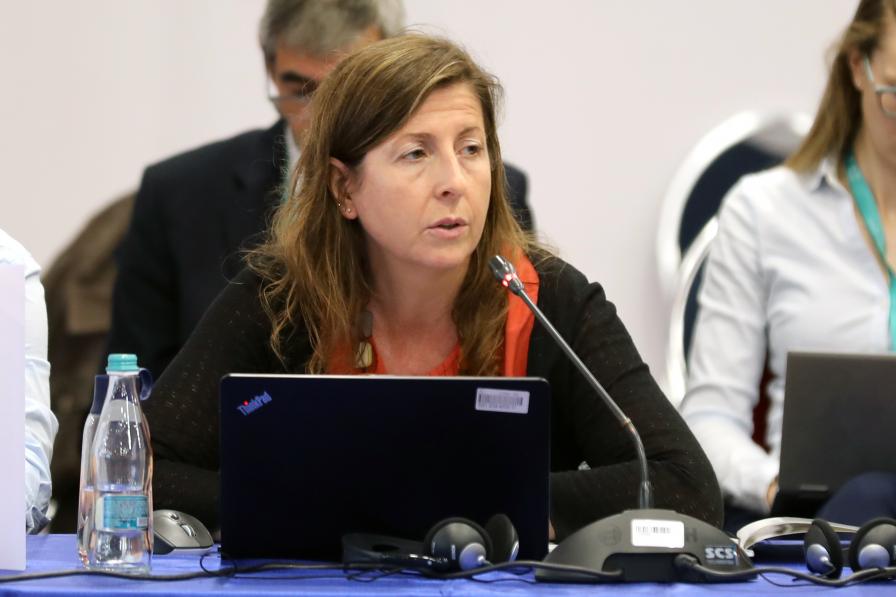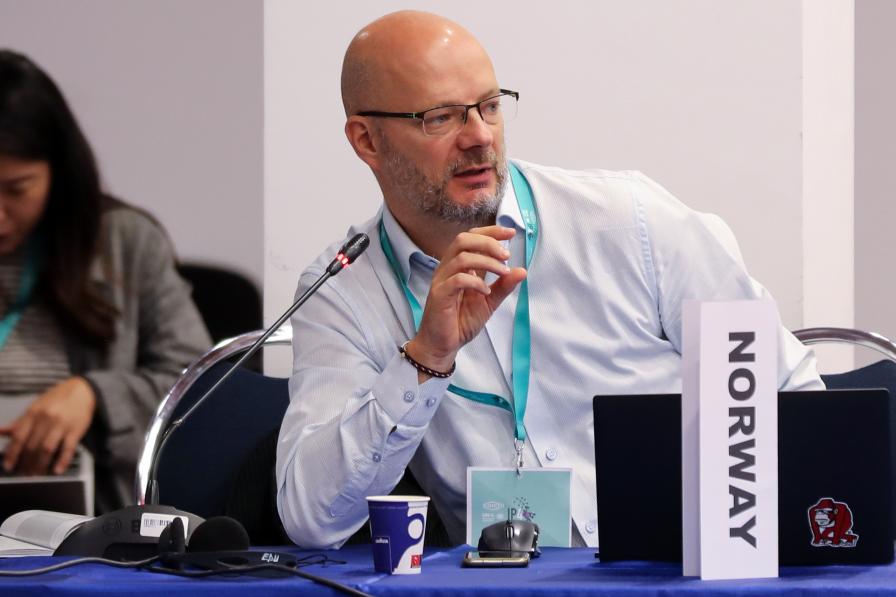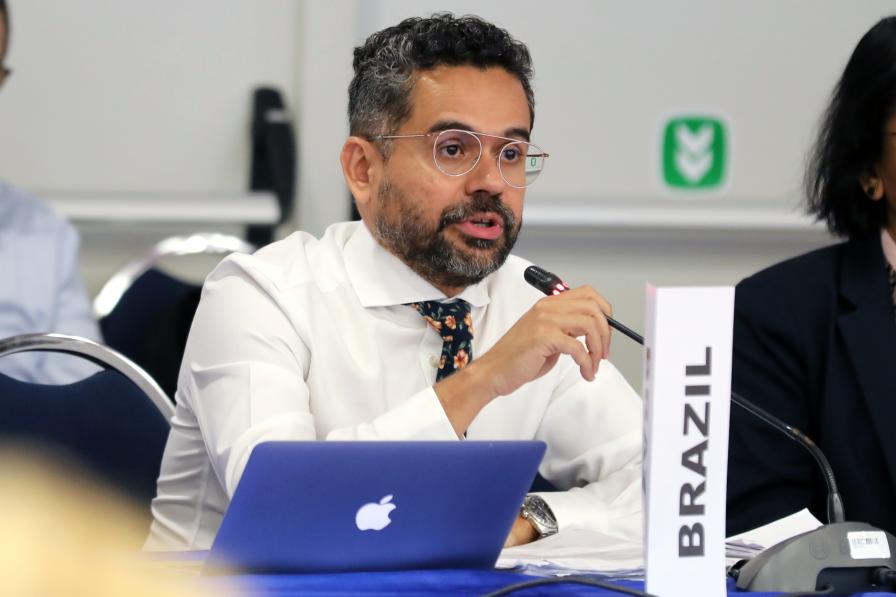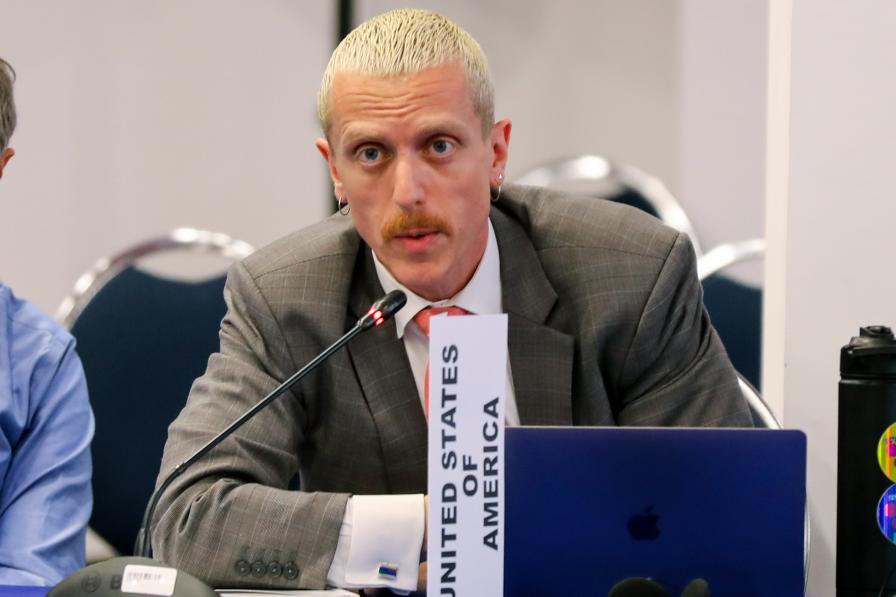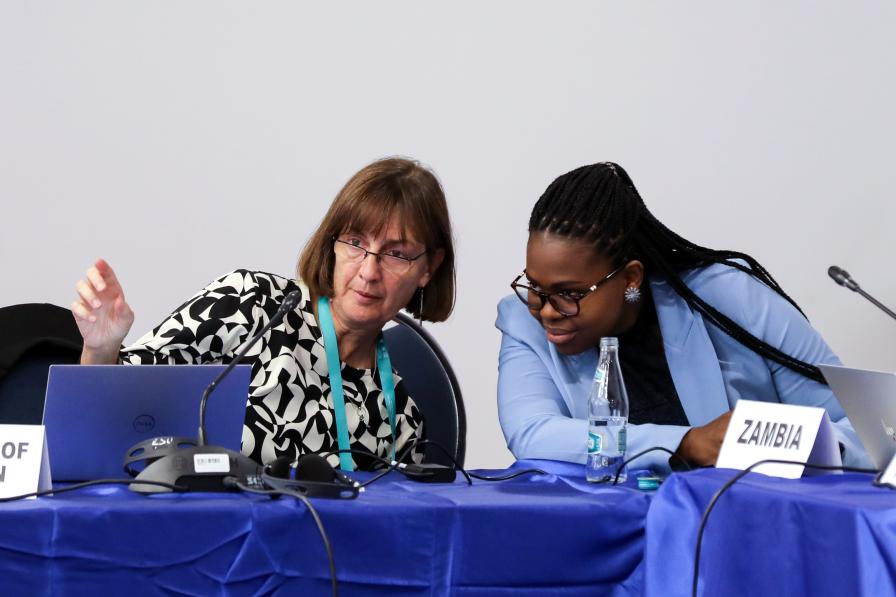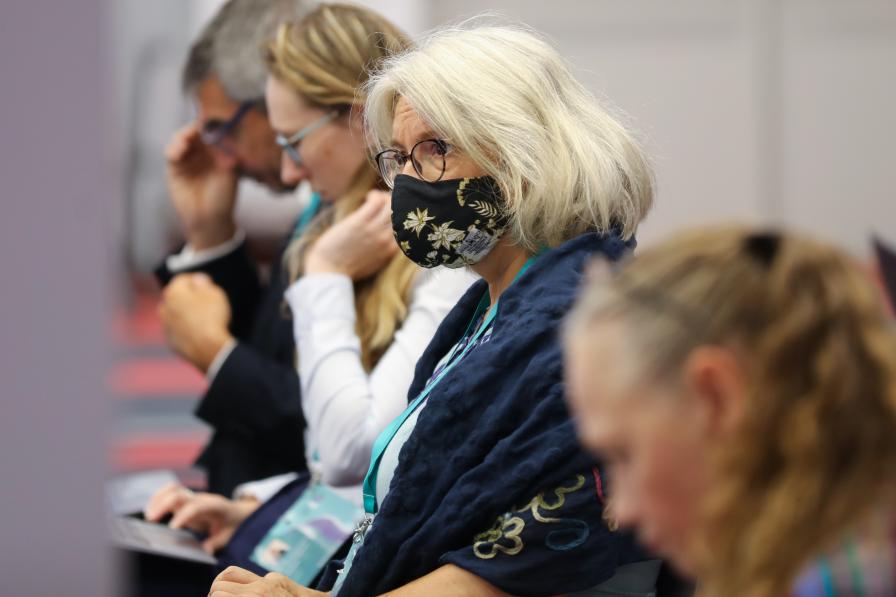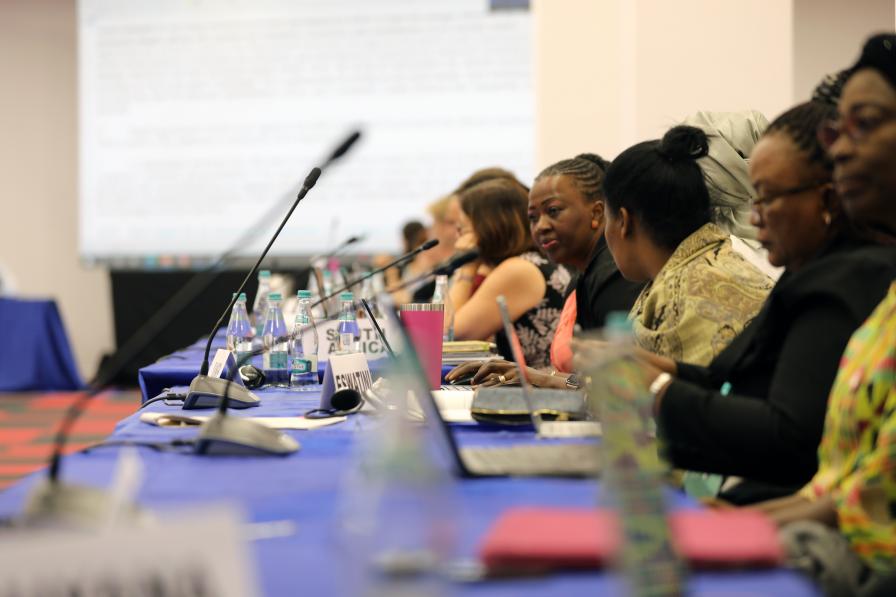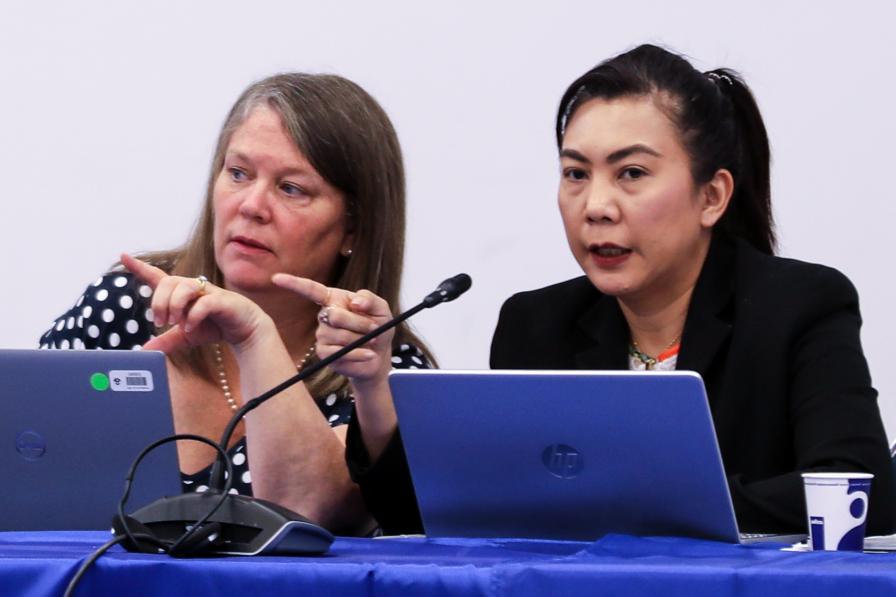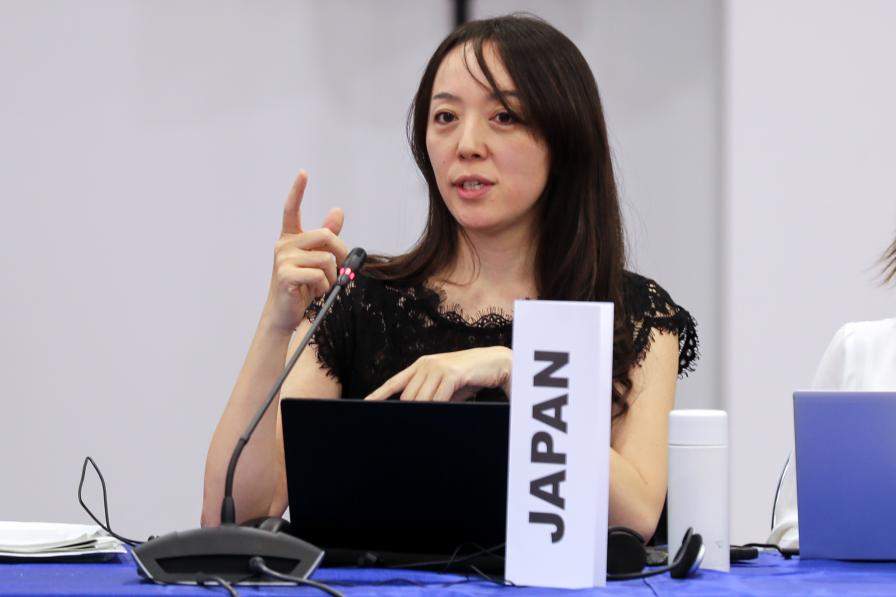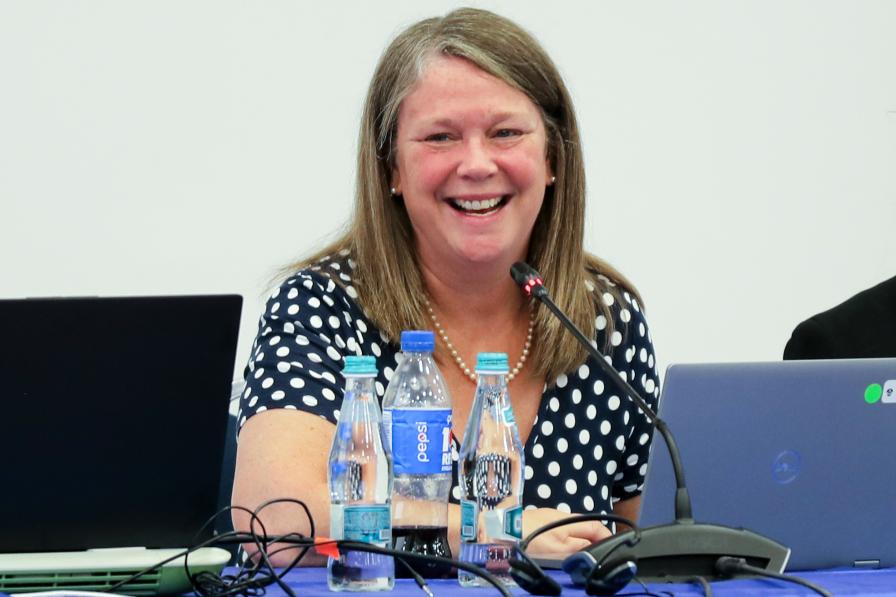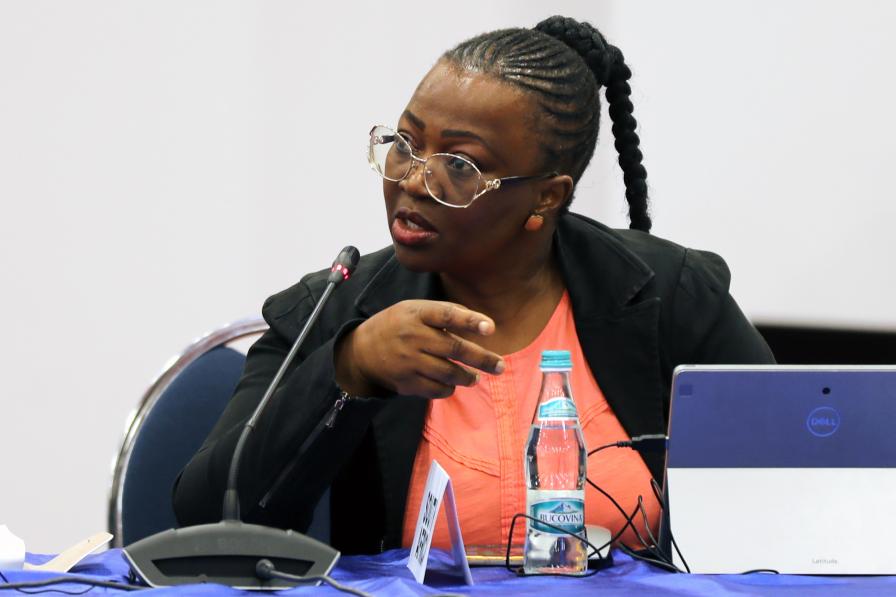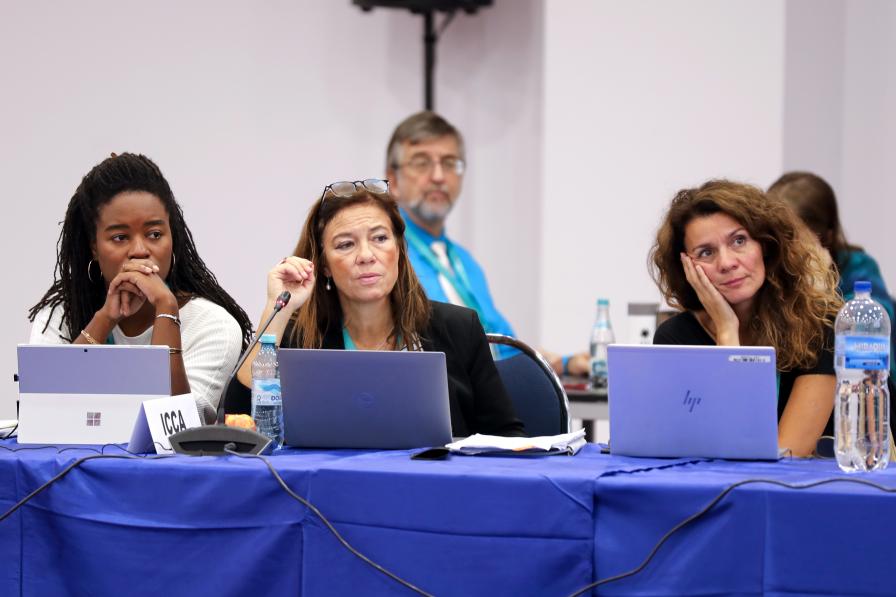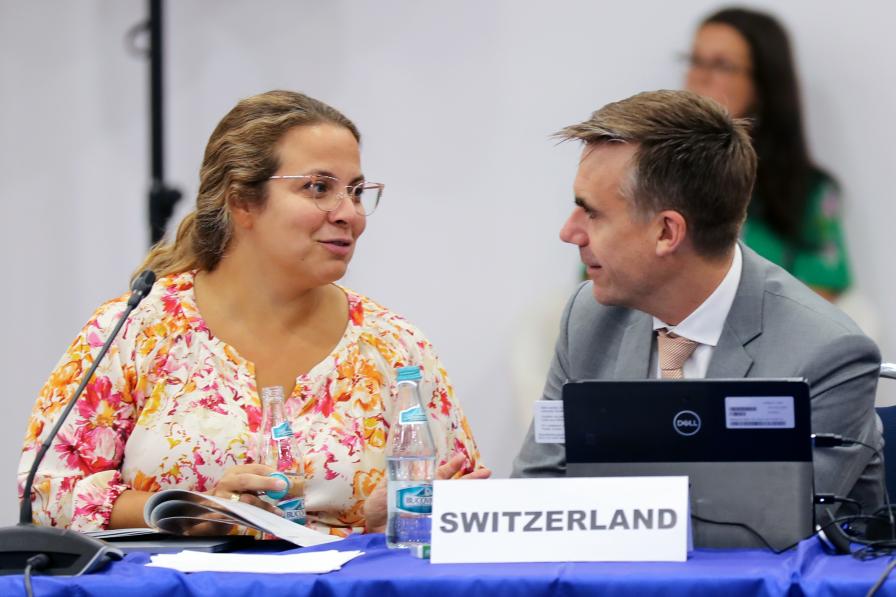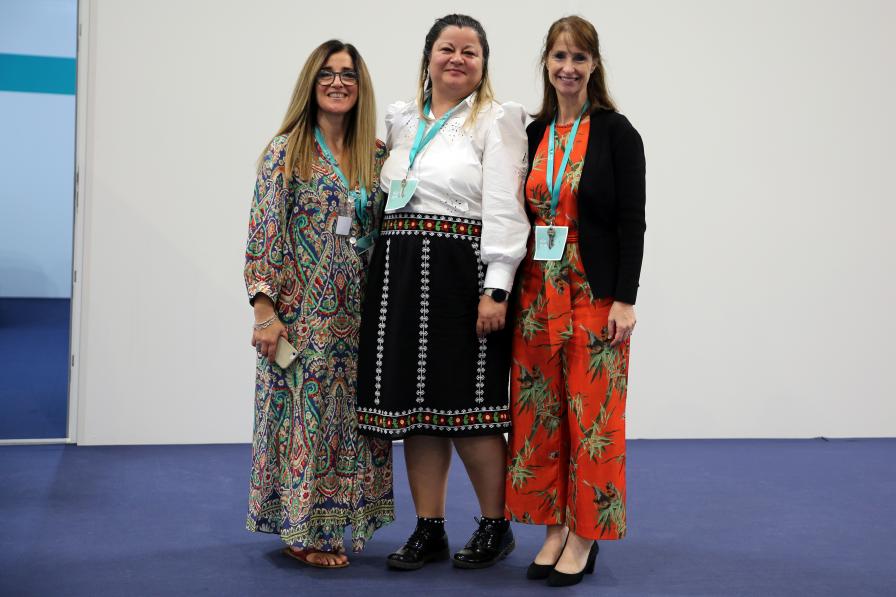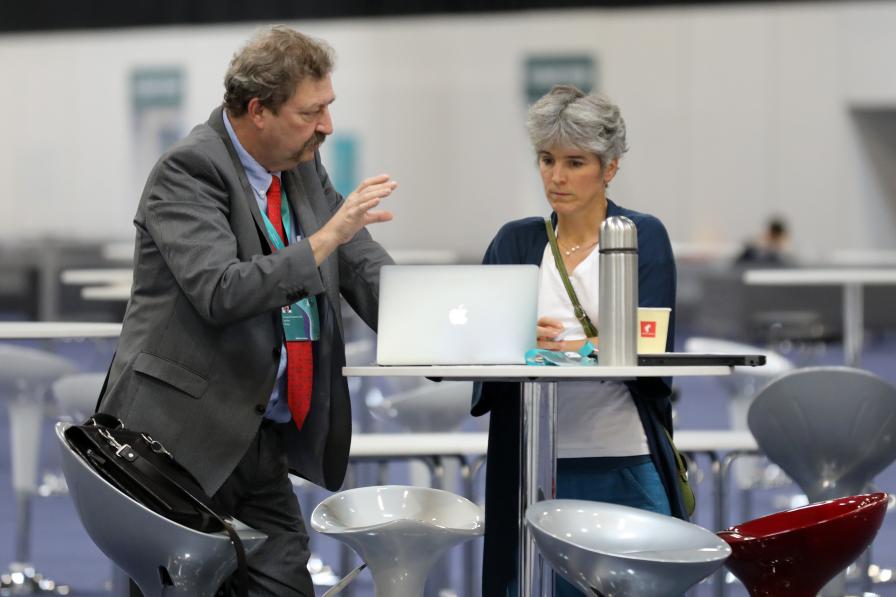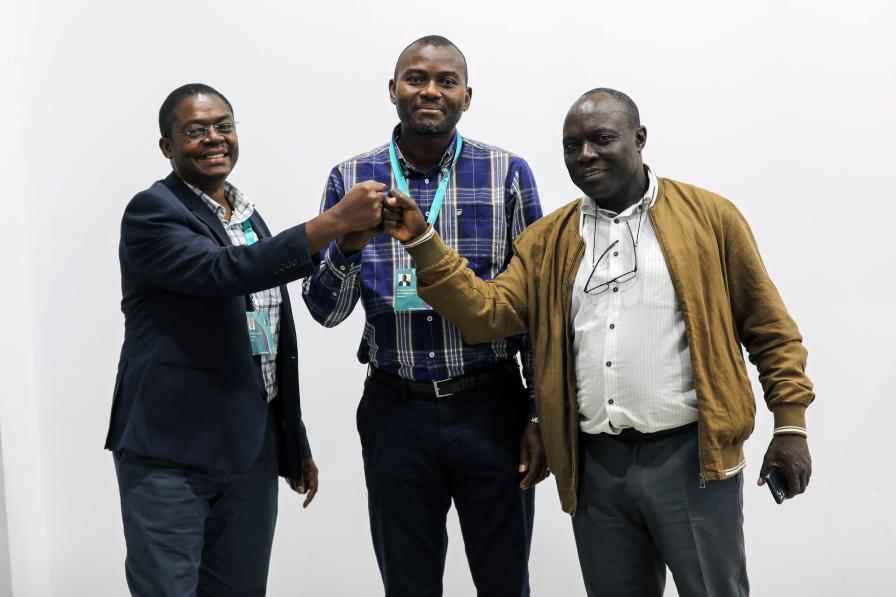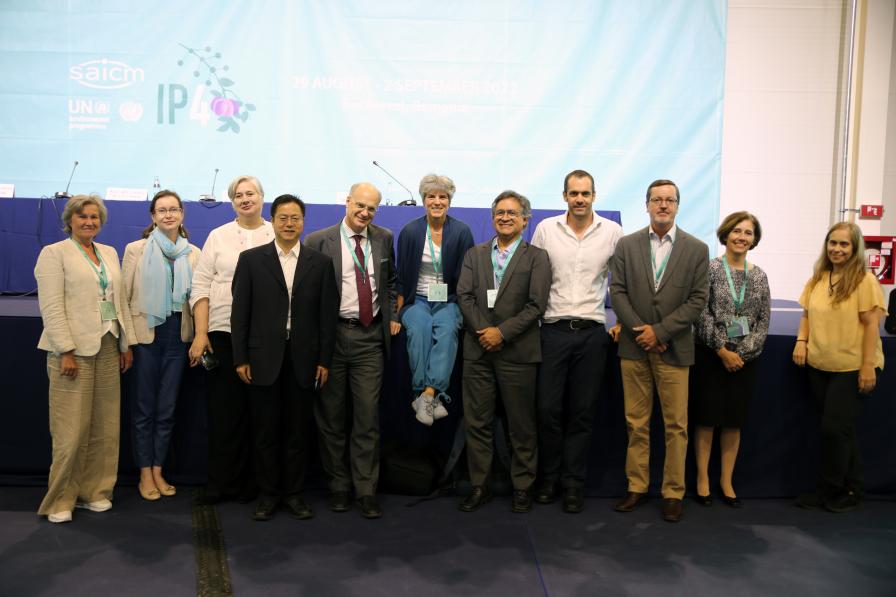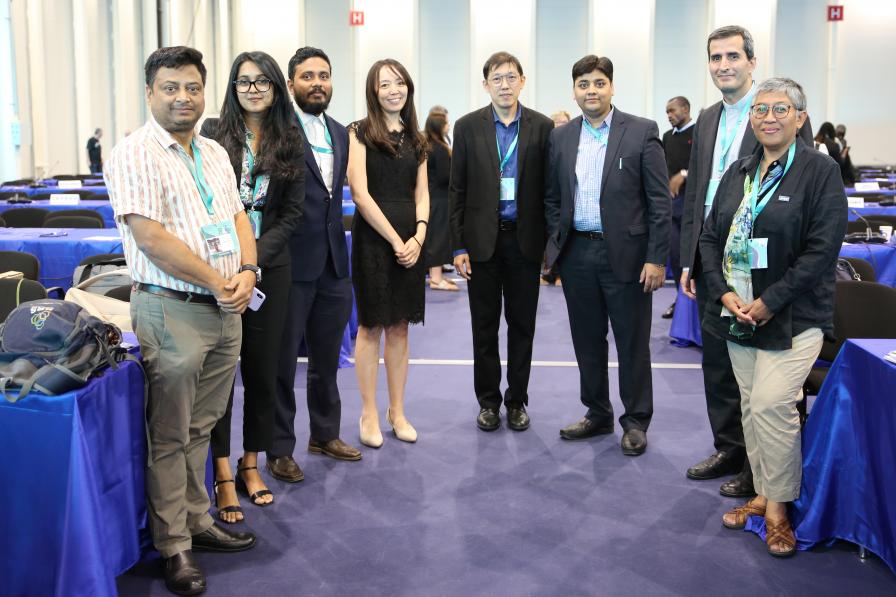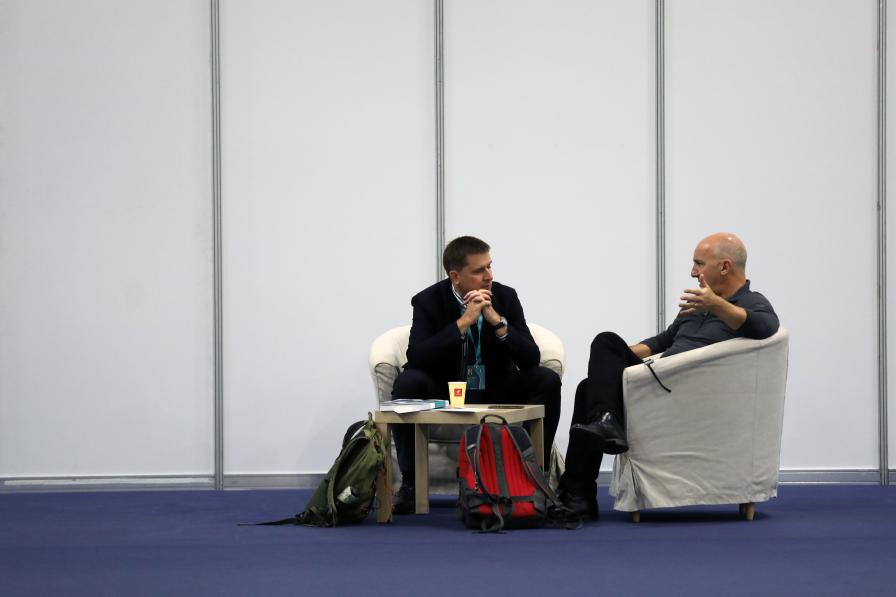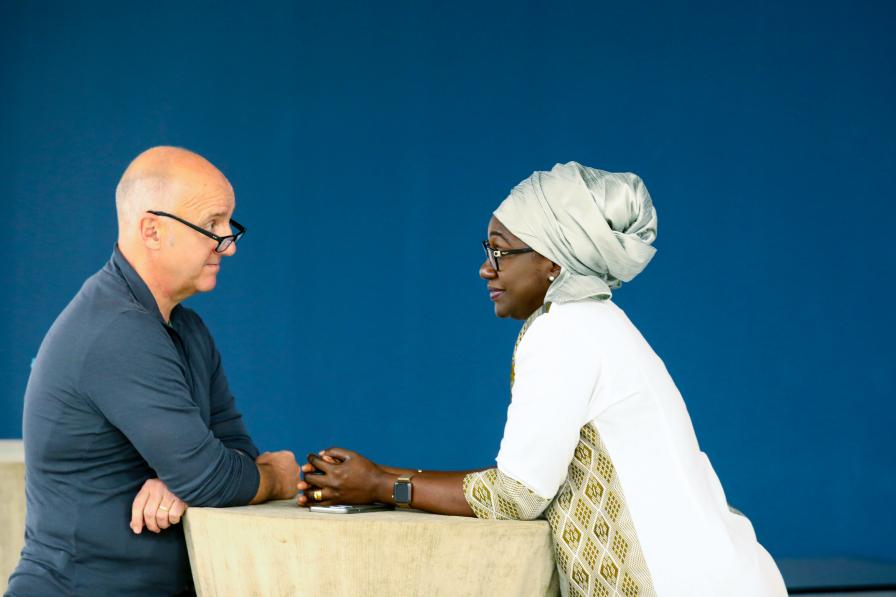Delegates at the fourth session of the Intersessional Process for Considering the Strategic Approach to International Chemicals Management (SAICM) and the Sound Management of Chemicals and Waste Beyond 2020 (IP4) worked throughout the morning on Friday to get all text proposals for a “beyond 2020” instrument on chemicals and waste into a single consolidated text that will serve as the basis for further deliberations and intersessional work on the road to the fifth International Conference on Chemicals Management (ICCM5) in September 2023.
The delegates welcomed the resulting Co-Chairs’ consolidated text in plenary early Friday evening as a significant achievement, and then agreed to suspend IP4 and resume it in early 2023 at a time and venue to be set by the Bureau in consultation with relevant stakeholders.
ICCM5 President Anita Breyer formally announced the convening of ICCM5 from 25-29 September 2023, in Bonn, Germany, and invited all IP participants, as well as ministers and other relevant high level officials, to advance awareness on the issues being discussed.
Among other things, during the morning discussions, delegates tried to wrap up talks on procedures for nominating, considering and adopting “issues of concern” that would be targeted for attention and concerted action under the new instrument, but some aspects had to be left for IP4.2. Delegates also finalized a set of 28 “high priority targets,” but left discussion and approval of their content, and consideration of other proposed targets not yet agreed for inclusion in the “priority” group, until IP4.2
Having had no mandate to discuss indicators at IP4, delegates left the issue of what intersessional work to do on indicators for later decision by the Bureau.
Other issues regarding the proposed post-2020 instrument on the sound management of chemicals and waste discussed, but not concluded, included:
- whether, and how, to refer to the new human right to a healthy environment under the instrument’s section on principles;
- a possible measurability structure for indicators;
- a possible stocktaking mechanism and online tool;
- participation in the proposed governing body—the conference—by representatives from the environment, health, labor and agriculture sectors involved in chemical management and safety issues; and
- a proposal for a way forward on how to handle existing SAICM issues of concern under the new instrument.
IP Co-Chair Judith Torres suspended IP4 at 17:57 pm EET.
The Earth Negotiations Bulletin summary and analysis of IP4 will be available on Monday, 5 September 2022.
All ENB photos are free to use with attribution. For the 4th Meeting of the Intersessional Process for Considering SAICM and the Sound Management of Chemicals and Waste Beyond 2020, please use: Photo by IISD/ENB | Mike Muzurakis
To receive free coverage of global environmental events delivered to your inbox, subscribe to the ENB Update newsletter.
